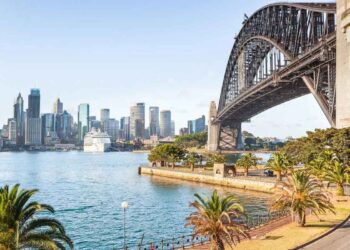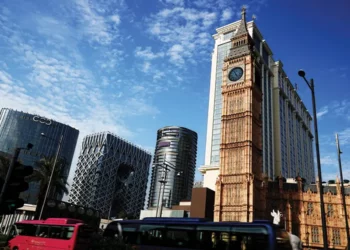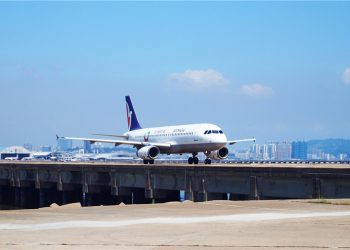Mainland China has confirmed a significant easing of COVID-19 restrictions by announcing that those who test positive but are asymptomatic or showing mild symptoms can isolate at home.
Despite the mainland reporting 25,000 new cases on Tuesday, many mainland cities have lifted their outbreak control measures with China’s State Council releasing 10 new guidelines on pandemic prevention on Wednesday, including the home isolation measure.
The guidelines state, “Asymptomatic infected persons and mild cases who are eligible for home isolation will generally be isolated at home, or may voluntarily choose to be admitted to centralized isolation. If the Ct value of the NAT test is greater than or equal to 35 for two consecutive days on the sixth and seventh day of isolation, the isolation can be lifted.”
Close contacts can also choose home isolation and can be released on the fifth day of isolation if their NAT test is negative.
Other new measures include no arbitrary expansion of quarantine, no restrictions on cross-district movement, promotion of vaccination for the elderly, no restrictions on movement of people in non-high-risk areas, strict prohibition on the blocking of fire escapes, and improvement of pandemic prevention measures in schools.
The easing of restrictions comes amid reports of growing community frustration at the country’s strict COVID-19 prevention measures. Official mainland media even published an article on Tuesday stating that the spread of the Omicron variant is slowing and “the most difficult period is over”.
Although the new mainland guidelines do not change the “5+3” quarantine requirement for foreign arrivals, it has been suggested that home isolation for people with no or mild symptoms is a means to paving the way for a reopening of China’s borders. Hong Kong implemented similar home isolation measures earlier this year and has since reopened to the world.
As for Macau, the Secretary for Social Affairs and Culture, Elsie Ao Ieong U, stated in the Legislative Assembly on Tuesday that “Macau will follow the mainland and study the gradual relaxation of pandemic prevention measures”, adding that locals should be psychologically prepared for the virus to enter the community.


































